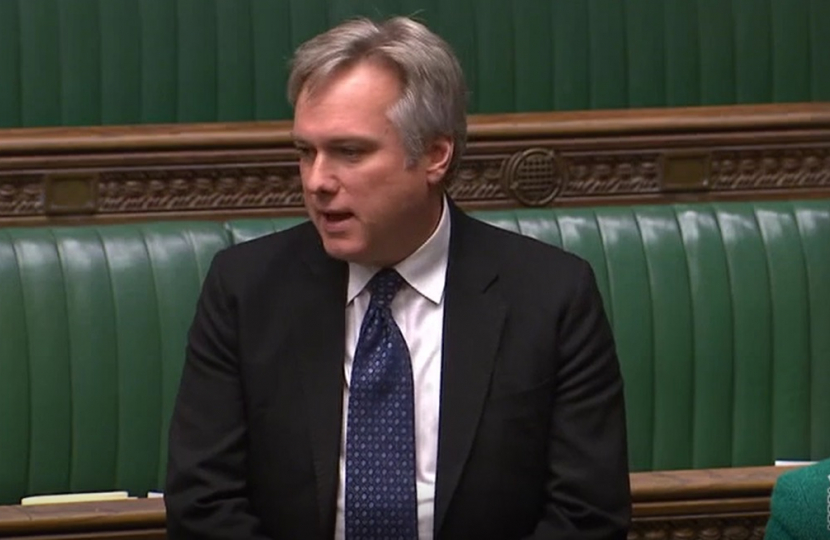
It is not enough to just say you are on the side of hard-working people: this must be reflected by what is done in the House of Commons as well.
Following the passing of the Public Order Act, police have powers to stop slow-walking and locking on tactics; preventing disruption to the lives of the British people who want to get to work or, for example, a hospital appointment.
Disruption which is also being felt by those of us who use public transport on our daily commute is additionally being addressed. The Strikes (Minimum Service Level) Act seeks to rectify this. Minimum service levels will go to ensure a minimum service operates in specified services during periods of strike action.
Ministers are to implement minimum service levels for passenger rail services, ambulance services, and fire and rescue services.
There will be a public consultation on reasonable steps to be taken by unions to comply with a work notice issued by employers under legislation.
The ability to strike is an important part of industrial relations in our country and of course remains protected by law. What this Act seeks to do is fulfil the expectation of commuters that Government takes action when essential services are put at risk.
Continued investment in our young people is essential. Earlier this year it was confirmed that England ranked fourth internationally for primary reading proficiency: this follows the focus on phonics and is driven by improvements for the least able pupils.
The score of 558 for pupils in England was well above the international average of 520 and the European average of 524.
These results follow the Department for Education’s introduction of the Phonics Screening Check a decade ago, to ensure every six-year-old is on track with their reading. In 2012, only 58 per cent of pupils had reached the expected standard; by 2019 this figure had hit 82 per cent.
The Prime Minister has been clear that what has been achieved for literacy will now be done for numeracy.
There are of course events beyond our shores which have an impact on the lives of people in Britain. This country has been resolute in its opposition to Putin’s barbaric invasion of Ukraine; not just as this is the right thing to do but because it is in the UK’s own national interest.
Earlier this year the Department for Energy Security & Net Zero was established: among its responsibilities are to deliver security of energy supply, ensure properly functioning markets and greater energy efficiency.
The UK has already cut emissions by almost 48 per cent between 1990 and 2021, while growing the economy by 65 per cent.
Henry Smith MP

